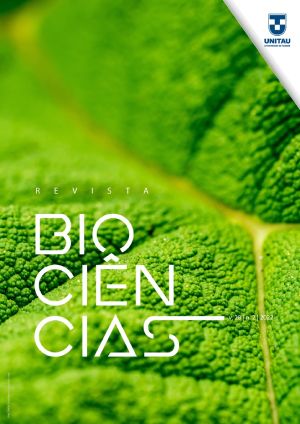Biodigester septic tank.
An ecologically correct alternative for sanitation in rural areas
Abstract
This study verified the effectiveness of implementing a biodigester septic tank as a way of preventing health risks from contamination of waste arising from sanitary sewage, that is, the essential way for a healthy life. However, despite advances in recent years, the basic sanitation system in Brazil is still in a critical state. In this context, alternatives are extremely important, especially in rural areas, where an even larger portion of the population lacks sanitation services. Thus, the present work aimed to analyze the effectiveness and the physical and chemical characteristics of the waste generated in the biodigester septic tank. For this purpose, indicators of the samples that were collected on site through an opening in the biodigester box and taken for chemical and biological analysis were considered. The methodology used is a research in articles, dissertation, handouts, of a qualitative nature, with a descriptive objective. The study site for the implementation of the Basic Sanitation System - Biodigester Septic Tank (FSB) was the Ribeirão Grande basin, located in the city of Pindamonhangaba, a rural region near the Serra da Mantiqueira. In the applied methodology, samples were taken from the site through an opening in the biodigester box and taken for chemical and biological analysis. The results of the analyzes of the biodigester septic tank system showed that the variables are within the range of values established for the release of the effluent, according to CONAMA n. 430 - Art. 16 for the inorganic and microbiological parameters, the results for pH were in the range of 7.88, the Biochemical Demand of Oxygen had a reduction of 70%, the Nitrogen Total had a high concentration of 10.1 mg.L-1, total phosphorus had a concentration of 2.022 mg.L-1. The microbiological analyzes showed satisfactory values for the concentration of Escherichia coli and total Coliforms with 2,500 thermotolerant coliforms for each 100 milliliters of the collected sample, meeting the standard established by Conama Resolution 357 of March 17, 2005, Art. 16, § 1, line g. For the results presented in this work, the residues of the Septic Tank Biodigestor (FSB), met the resolutions of CONAMA presented for this purpose of disposal of residue generated in the process. Even with satisfactory results, the handling of this waste can still spread diseases caused by direct contact with the waste, one of the alternatives is to use Personal Use Equipment to avoid direct contact.






